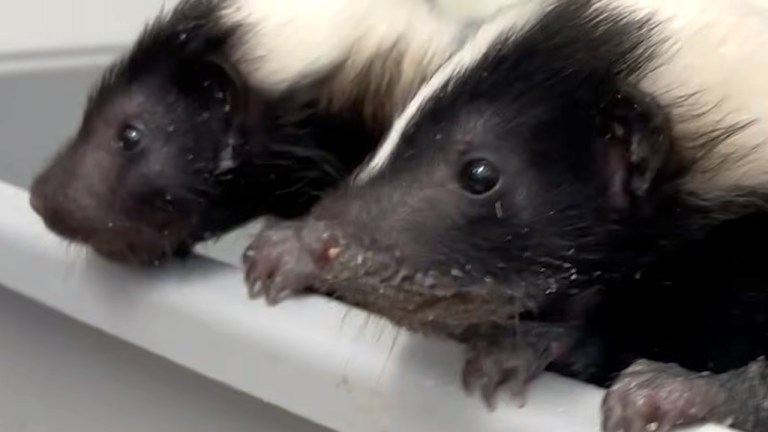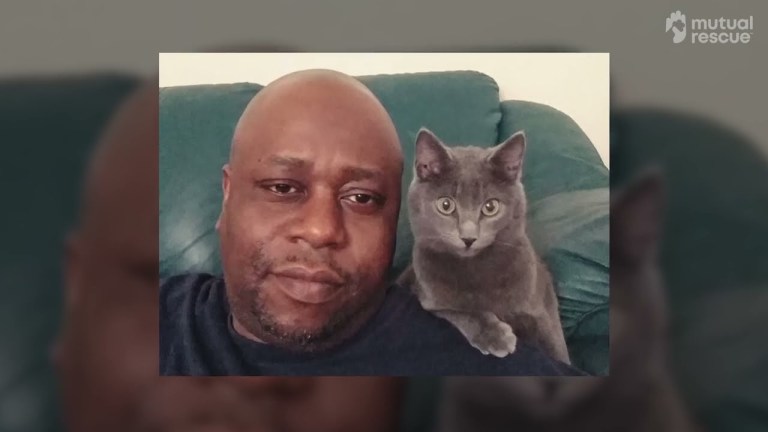The Weird Plurals In English That Are Exceptions to the Standard Addition of an ‘S’
Linguist Rob Watts of RobWords, who previously offered tips for translating French into English and explained the different words used for purple nightshades, discussed different nouns are exceptions to the standard pluralizing rule in English of adding an “s”.
Everyone knows that you make plurals in English by an adding an S. So how come we have “men” instead of “mans” and “mice” instead of “mouses”? And why are “sheep” and “fish” the plural and the singular terms?
Examples include using the same word for singular and plural (fish, sheep, deer, data), plurals from Old English (men, geese, mice, feet, teeth), and plurals from Middle English that end in “en” ( child to children, brother to brethren). He also explains the plurals of words ending in “fe” (knife to knives, wife to wives, life to lives), plurals from words ending in “is” (crisis to crises, axis to axes, plurals that come from the Greek ending in “ion” (phenomenon to phenomena, criterion to criteria) and other random plurals that end with “us” (cactus to cacti, radius to radii, focus to foci).






